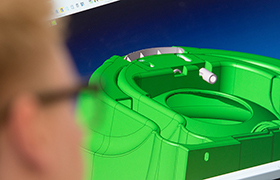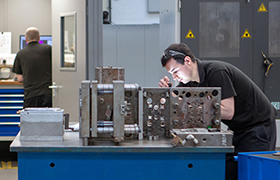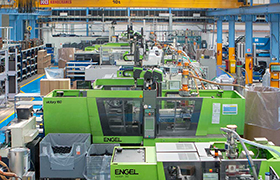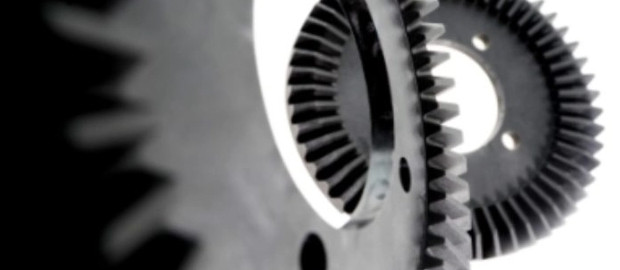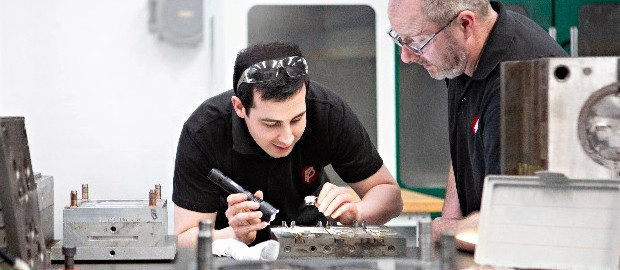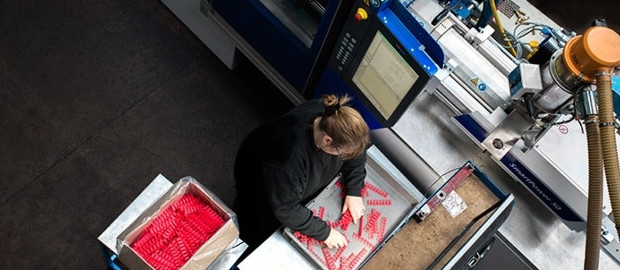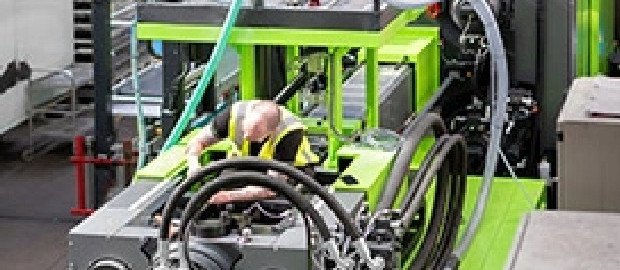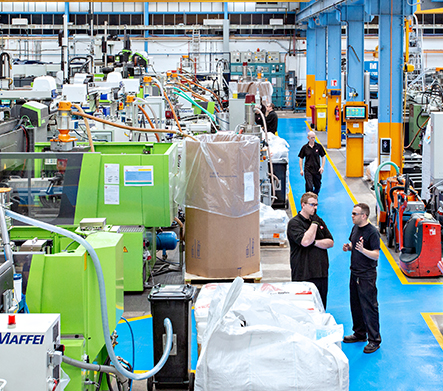
Plastic injection moulding offers several advantages, making it a popular manufacturing process in various industries. Here are some key advantages of plastic injection moulding:
High Efficiency and Production Speed: Plastic injection moulding is a highly efficient process that allows for the rapid production of large quantities of plastic parts. Once the mould tool is set up, the moulding process is fast, enabling manufacturers to achieve high production rates allowing for mass production of identical components with high precision and consistency.
Design flexibility: Injection moulding enables the production of complex shapes and intricate geometries that may be difficult to achieve with other manufacturing processes. It allows for the incorporation of features like undercuts, threads, and thin walls, providing design flexibility and creative freedom. It also provides designers with significant flexibility in material selection, part design, and surface finishes. A wide range of plastic materials can be used, each with its own unique properties.
Cost-Effective for High-Volume Production: Although the initial setup cost for injection moulding can be relatively high, the per-unit cost decreases significantly with higher production volumes. This makes injection moulding an economical choice for mass production of plastic parts. The high-speed and continuous nature of the process contribute to cost savings.
Consistent part quality: Injection moulding offers excellent repeatability, ensuring consistent part quality across large production volumes. The process allows for tight tolerances, high surface finish, and precise control over dimensions, resulting in reliable and uniform parts.
Minimal Post-Processing: Injection-molded parts usually require minimal post-processing or finishing, reducing the overall production time and costs. Often, the parts can be used straight out of the mould, with no additional steps required this reduces the time and cost associated with secondary operations.
Material Properties: Plastic injection moulding can use a vast array of thermoplastic materials. This versatility enables designers and manufacturers to select the most suitable material for a particular application, considering factors such as strength, durability, temperature resistance, chemical compatibility and more
Reduced Waste: Injection moulding is a highly efficient process with minimal material waste. The ability to control the amount of material injected into the mould helps reduce scrap and optimize material usage. The production process itself is highly efficient, minimising material loss and environmental impact.
Strength and durability: Injection-molded parts exhibit excellent mechanical properties, including high strength and durability. The molten plastic is injected under high pressure, resulting in dense and structurally sound components capable of withstanding demanding operating conditions.
Overall, plastic injection moulding offers advantages in terms of efficiency, design flexibility, cost-effectiveness, and consistent production results. These benefits have made it a preferred manufacturing method in various industries, including automotive, consumer goods, medical devices, electronics, and more.
RECENT POSTS
Free design guide

"*" indicates required fields

